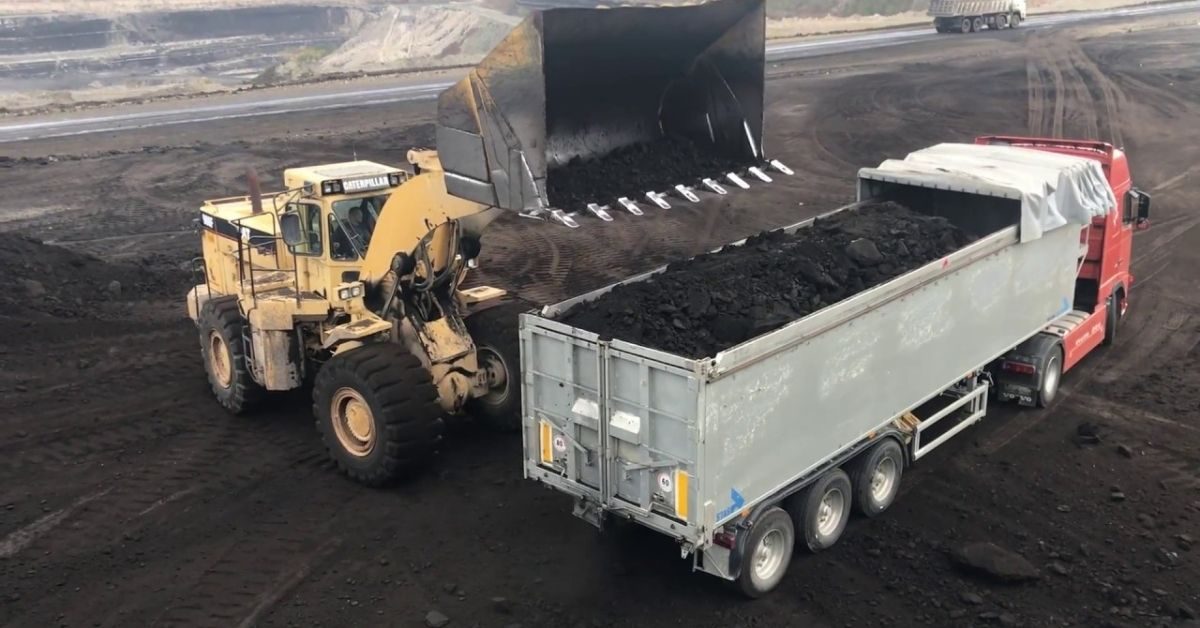Pakistan and Afghanistan have reached an agreement to facilitate bilateral trade, especially coal for use in power generation to bridge the shortfall in electricity production in the wake of the high cost of furnace oil in the international market.
Coal is already being imported in small quantities for power generation via Chaman border station in Balochistan. Under the new agreement, coal imports will start at custom stations in Kharlachi and Ghulam Khan in Khyber Pakhtunkhwa.
The coal will be used in power production at two plants — Hubco and Sahiwal plants. On July 5, the government authorised the trade of all rupee-denominated goods via land routes.
According to official sources, the coal import will address the country’s energy security to a large extent has already been reached with Kabul to import coal through trucks via land routes, the official added.
Pakistan has already turned into a net importer from Afghanistan since the Taliban took control of Kabul in August 2021. During the period, Pakistan’s exports to Afghanistan also saw a deeper drop due to the non-availability of tradable currency through banking channels.
The decisions were reached during the three-day visit (July 18–20) of a Pakistan trade delegation to Kabul. Pakistan’s Secretary Commerce Sualeh Faruqui, headed the delegation to discuss mutual actions for enhancing bilateral trade, transit, and connectivity and take necessary trade facilitation measures.
Islamabad, in return, has offered several facilitation measures to promote imports from Afghanistan. One of the major demands from Kabul was for duty-free imports from Afghanistan, particularly of food items, to help combat rising food inflation.
An official announcement said both sides agreed that during the current financial year, bilateral trade and transit have registered growth. This momentum needs to be sustained and further strengthened on a mutually beneficial basis.
It was agreed to make border crossing points more efficient to ensure early clearance of trade and transit traffic and to address the bottlenecks and impediments on a priority basis.
The two sides agreed to implement a Temporary Admission Document (TAD) allowing free movement of bilateral trade vehicles and preventing the loading and unloading of goods at the border crossing points with the view to further increasing trade between the two countries.
The relevant authorities of the two sides also agreed to increase operational timings at all crossing points, particularly Torkham, Kharlachi, Ghulam Khan, and Chaman/Spin Boldak.
The heads of the customs departments of the two countries agreed to work together and evolve mutually connected customs procedures and systems to improve efficiency in the clearance of goods.
All possible steps will be taken to begin luxury bus service between Peshawar and Jalalabad, as well as Quetta and Kandahar, with the goal of starting the service by the end of August this year. Difficulties in visa processing would be addressed through mutual coordination.







